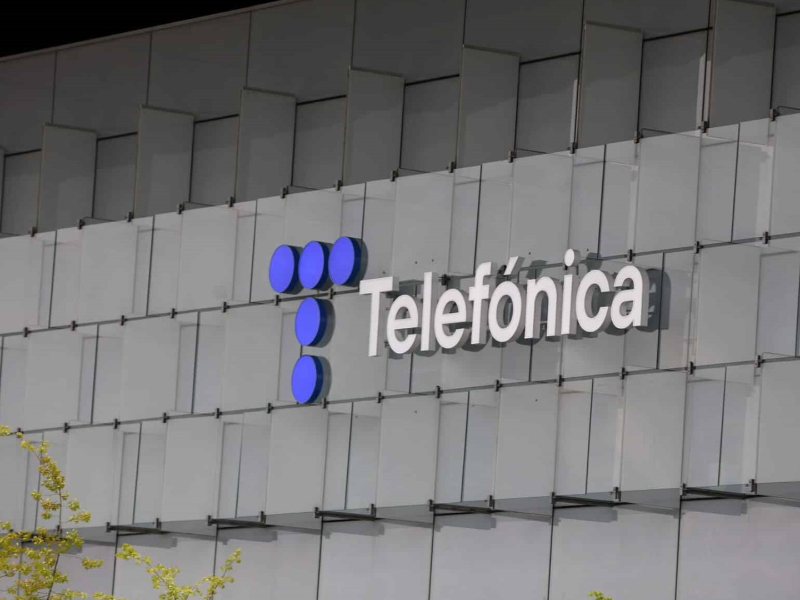- STC has secured approval to increase its stake in Telefónica to 9.9% and gain a board seat
- The deal was finalized after a year of discussions, with certain conditions imposed to protect national interests
What happened
The Spanish government has given the go-ahead for Saudi Telecom (STC) to increase its stake in Telefonica to almost 10%, subject to a series of conditions designed to protect national security. The authorisation came following “an exhaustive analysis by the Spanish authorities” that looked at compliance with national law, as well as national security interests and the strategic nature of telecommunications infrastructure, Spain’s Minister for Economy, Trade and Business Carlos Cuerpo Caballero said on Thursday (November 28).
This move follows an agreement made in September 2023, valued at approximately €2.4 billion (around $2.53 billion). As part of this deal, STC also gained the right to appoint a member to Telefónica’s board. While the Spanish government gave the green light to the increased stake, the decision came with certain undisclosed conditions, intended to safeguard national interests. STC’s strategy is to diversify its investment portfolio outside of Saudi Arabia, aiming to bolster its influence in global telecom markets. The Spanish government conducted an extensive review, ensuring compliance with national laws and protecting strategic assets, before giving its approval for the deal.
Also read: Nokia and stc optimise network with AI-powered SON solution
Also read: New API lab drives telecom collaboration in Spain
What it’s important
This deal highlights a significant trend in the telecom industry: the increasing involvement of foreign investors in European markets. For smaller telecom companies, the influx of capital from larger players like STC can present both opportunities and challenges. For example, smaller telecom operator 2degrees in New Zealand faced difficulties competing against larger, financially stronger rivals when Vodafone and Telecom New Zealand made substantial investments in the market. Despite its competitive pricing and innovative services, 2degrees struggled to expand its market share due to the financial muscle of these larger corporations.
Similarly, in Europe, smaller players may find it harder to compete against the scale and resources of multinational giants, like Telefónica, which have access to capital from foreign investors. While this influx of investment can bring innovation and new technologies to the market, it can also lead to market consolidation, where smaller firms are squeezed out, unable to match the financial capabilities of larger, foreign-backed competitors.

